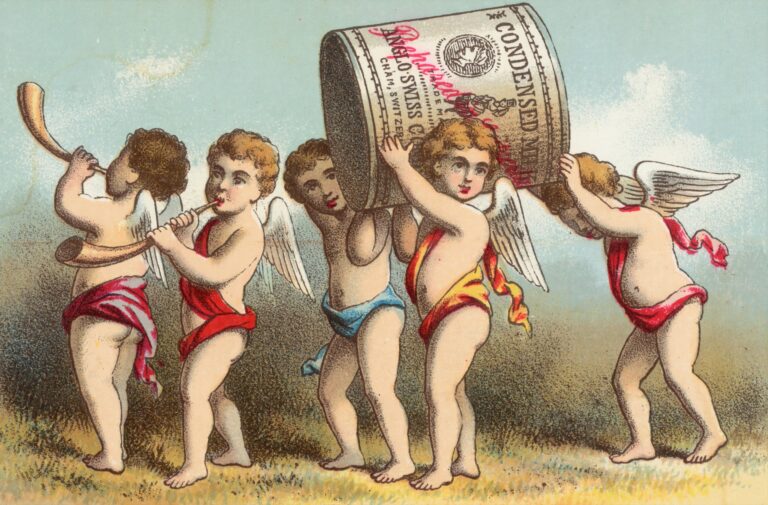Step into the world of Margaret Sanger, a trailblazing woman who fearlessly fought against societal taboos to shape the future of reproductive rights. In the bustling streets of New York City, Sanger took on the daunting task of challenging the prevailing norms and restrictions surrounding women’s health and contraception. With a fierce determination and a belief in a woman’s right to choose, she paved the way for a revolution that would forever change the course of history.
The Social and Cultural Taboos of the Early 20th Century
In order to understand the magnitude of Margaret Sanger’s accomplishments, it is essential to grasp the social and cultural taboos that were deeply entrenched in the early 20th century. During this time, discussing topics related to sexuality, contraception, and women’s reproductive health was considered highly inappropriate and scandalous. The prevailing Victorian-era values dictated that women should remain chaste and adhere to strict gender roles, leaving them with limited control over their own bodies and lives. The taboo surrounding these subjects created a culture of silence and ignorance, leaving women vulnerable to unplanned pregnancies, unsafe abortions, and a lack of access to proper healthcare.
Margaret Sanger recognized the dire consequences of these taboos and the impact they had on women’s lives. She witnessed firsthand the suffering and desperation of women who were unable to control their own fertility. Determined to challenge the status quo, Sanger embarked on a mission to dismantle societal restrictions and provide women with the knowledge and tools they needed to take control of their reproductive health.

Early Activism and the Birth Control Movement
Margaret Sanger’s journey toward becoming a prominent figure in the fight for reproductive rights began with her own personal experiences. As a nurse working in the impoverished neighborhoods of New York City, she witnessed the devastating consequences of unwanted pregnancies and unsafe abortions. These experiences fueled her determination to make a difference and led her to become a vocal advocate for contraception.
In 1914, Sanger published a groundbreaking newsletter called “The Woman Rebel,” in which she openly discussed topics related to birth control and women’s rights. The publication was met with controversy and outrage, leading to her indictment for obscenity and the subsequent shutdown of the newsletter. However, this setback did not deter Sanger. Instead, it further ignited her passion and propelled her towards more significant actions.
In 1916, Sanger opened the first birth control clinic in America, located in the Brownsville neighborhood of Brooklyn. Despite facing relentless opposition from authorities and conservative factions, Sanger and her team provided information and contraceptives to women who were desperate for a solution. The clinic was eventually shut down, and Sanger was arrested, but the movement had gained momentum. Sanger’s activism and defiance of societal norms laid the foundation for a nationwide birth control movement that would continue to grow and evolve.
The First Birth Control Clinic in NYC
The opening of the first birth control clinic in New York City was a pivotal moment in the history of reproductive rights. On October 16, 1916, Margaret Sanger and her sister, Ethel Byrne, along with activist Fania Mindell, defied the law and opened the doors of the Brownsville clinic. The clinic aimed to provide women with access to contraception and information on family planning, a radical concept at the time.
The opening of the clinic was met with immediate backlash and condemnation from both the authorities and the conservative public. Just days after its establishment, Sanger and her colleagues were arrested and charged with violating the Comstock Act, a federal law that prohibited the dissemination of contraceptive information. Despite the legal repercussions, the clinic had already made a profound impact. It brought the issue of birth control into the public consciousness and sparked a nationwide conversation about women’s reproductive rights.
The trial that followed the clinic’s closure became a pivotal moment in the fight for birth control. Sanger used the courtroom as a platform to argue for the necessity of contraception and to challenge the oppressive laws that denied women agency over their own bodies. Her eloquent and passionate defense, coupled with the growing public support for birth control, helped to shift public opinion and pave the way for future advancements in reproductive rights.

Impact on Reproductive Rights and Women’s Health
Margaret Sanger’s impact on reproductive rights and women’s health cannot be overstated. Through her tireless activism and unwavering dedication, she not only challenged societal taboos but also laid the groundwork for the modern reproductive rights movement.
One of Sanger’s most significant contributions was her role in establishing the American Birth Control League (ABCL) in 1921, which eventually evolved into the Planned Parenthood Federation of America. This organization became a powerful force in advocating for women’s reproductive rights and providing access to contraception and family planning services. Today, Planned Parenthood continues to be at the forefront of the fight for reproductive rights, championing Sanger’s vision of a world where every individual has the right to control their own reproductive destiny.
Sanger’s influence extended beyond the United States. She traveled extensively, sharing her knowledge and experiences with other countries and helping to establish birth control organizations around the world. Her efforts played a crucial role in breaking down barriers and expanding access to contraception on a global scale.
Furthermore, Sanger’s work was instrumental in the development of modern contraceptive methods. She collaborated with scientists and researchers to promote the use of diaphragms and other forms of contraception, revolutionizing the field of reproductive health. Her advocacy and dedication to research paved the way for the development of more effective and accessible contraceptives, improving the lives of countless individuals.
The Bottom Line
Margaret Sanger’s fight against taboos in New York City left an indelible mark on the fight for reproductive freedom. Through her courage, determination, and unwavering belief in a woman’s right to choose, she challenged societal norms and paved the way for the modern reproductive rights movement. Her activism and advocacy opened doors for millions of women, providing them with the knowledge and tools they needed to take control of their own bodies and lives.







